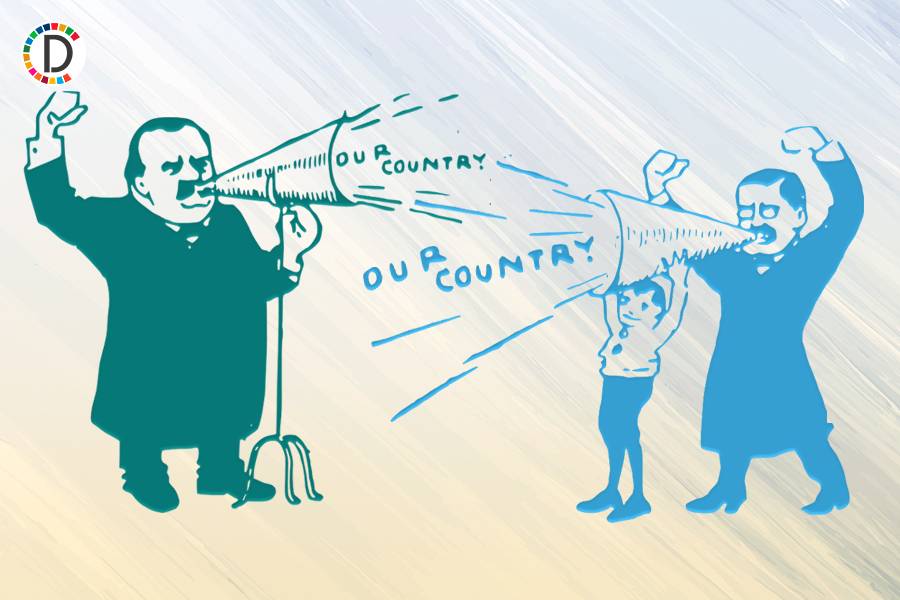Germany Tightens Border Controls Amid Rising Migration Concerns
Germany is set to extend border controls to all its land borders in an effort to curb irregular migration. This marks a shift from its open-door policy and may impact free movement within the European Union. The move appears to be politically motivated ahead of upcoming state and federal elections.

Germany announced this week its intentions to extend controls to all of its land borders to curb irregular migration. This drastic policy shift aims to reduce the influx of asylum seekers, moving away from Germany's previous open-door stance.
The new measures, starting on September 16 and initially set for six months, encompass the entire Schengen zone, and could significantly impact the free movement within the European Union. Authorities plan to use tools like the Eurodac fingerprint database to enforce the new rules.
The decision seems to be politically driven, addressing growing public concerns over migration, particularly in the eastern German state of Brandenburg, where upcoming elections are crucial for Chancellor Olaf Scholz's Social Democrats. This change has sparked varied reactions from neighboring countries, highlighting regional tensions and differing immigration policies.
(With inputs from agencies.)
ALSO READ
Uttarakhand Gears Up for 2024-25 Municipal Elections with 6,496 Nominations
Kejriwal Launches Historic Support Scheme for Priests Ahead of 2025 Delhi Elections
Voter ID Fraud Sparks Legal Action Ahead of Delhi Elections
Simultaneous Elections Controversy: A Threat to Democracy?
Macron's Move: Political Unrest from Early Elections










